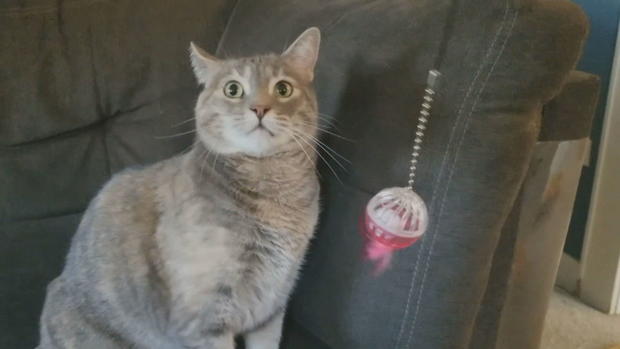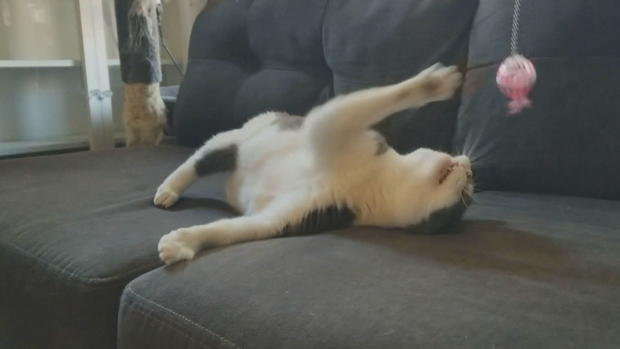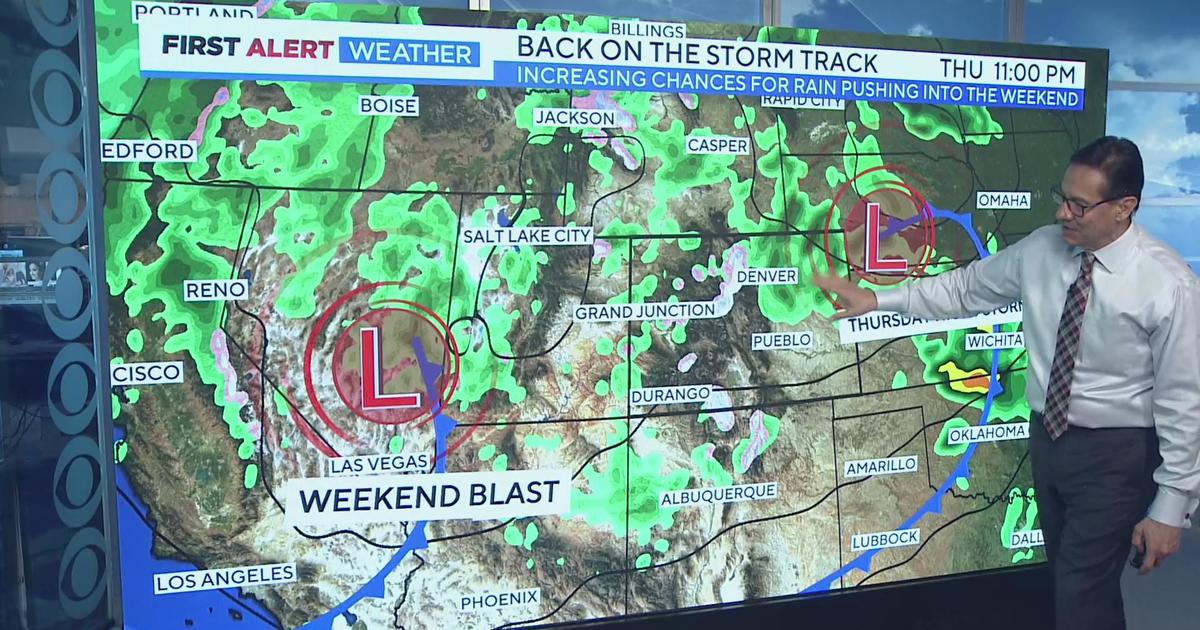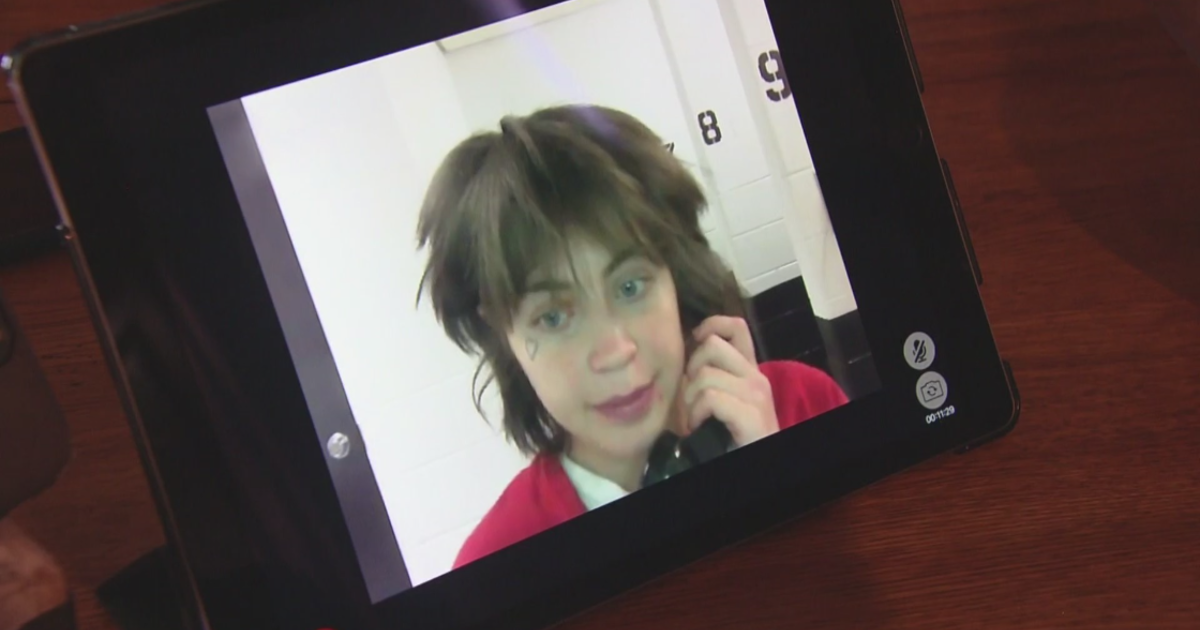Colorado State University Researches Pets Contracting Coronavirus
FORT COLLINS, Colo. (CBS4) – Researchers at Colorado State University say pet owners should know cats, dogs and ferrets are capable of contracting SARS-CoV-2 coronavirus, but owners should not panic. Veterinarians from across the globe have attempted to keep track of symptoms in household pets, with cats being the most noted.
Though cats, dogs and ferrets are capable of hosting the virus, Small Animal Internal Medicine Professor Michael Lappin says the numbers of pets that have naturally contracted the virus are extremely low across the globe. Lappin said only four cats globally have tested positive after naturally contracting the virus, some of which are big cats.
"The odds of (a household cat) being infected are almost zero," Lappin told CBS4's Dillon Thomas.
With more than two million positive COVID-19 cases in humans across the world, only four cats and two dogs have contracted the virus naturally. Lappin said research suggests those animals were in close contact with an infected human early-on in their diagnosis, when they were most symptomatic.
"The only way a cat can be infected with COVID-19 is from contact with people... with cuddling or petting their cat," Lappin said. "Natural transmission of the COVID-19 virus from an owner to their dog is really, really rare."
Lappin said pet owners should not be scared of their pets or others. While it is possible, yet rare, for a human to transfer the virus to a pet, there is no evidence that the pet can then pass the virus to another human.
"There's zero evidence of it going on to infect the next human," Lappin said. "It is probably a dead-end host if your cat becomes infected."
Studies show animals are also very-unlikely to transmit the virus between each other.
Lappin said some pets that are infected, like some humans, could go without showing any symptoms. However, Lappin said some cats have shown minor symptoms like periodic sneezing or coughing, which typically goes away after a short period.
While you are not jeopardizing the safety of other humans by being near your pet, Lappin encouraged pet owners who test positive for COVID-19 to social distance from their furry friends. If needed, Lappin said pet owners that are infected could wear masks and wash their hands frequently while interacting with their pet.
"While you are sick, we recommend that you not closely interact with your cat," Lappin said.
Lappin said pets are mostly incapable of producing enough new coronavirus particles to make them a danger to other life. He hoped Coloradans, and other pet owners around the world, would still care for their animals responsibly, even if they are capable of contracting COVID-19.
RELATED: Latest Updates On The Coronavirus Outbreak In Colorado
Currently, at Colorado State University, there are not studies in to coronavirus vaccines for pets, as the number of animals infected are so slim. However, if there became a day where that would be necessary, CSU's team of doctors and researchers would be prepared to look in to the possibility.





